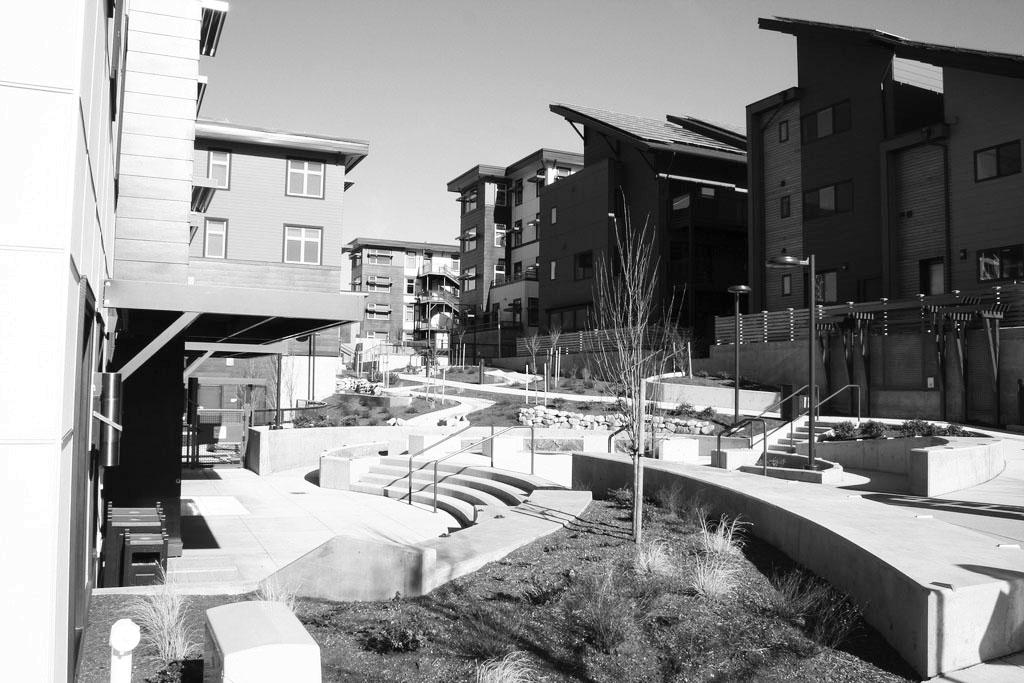Ater attending the Cedar River Watershed Sustainability Project this past summer, social studies teacher Jessica Johnson, science teacher Tracey Dennis, and industrial technology teacher Gary McIntosh have developed new plans to make Liberty greener.
“We want to make sustainability something that is beyond just an environmental issue or a science issue,” Dennis said. “So we want to bring it to Liberty as something that is bigger than ‘just if you take environmental science’ or ‘just if you are into the green movement’.”
Former Liberty principal Mike Deletis sent these teachers to attend and observe the Cedar River Watershed Sustainability Project for five eight-hour days this past summer. The Project focuses on maintaining our region’s water and launching clean-up efforts. Johnson, McIntosh, and Dennis specifically focused on green living and net-zero energy buildings. They visited sites trying to create more sustainable lifestyles by building sustainable schools, buildings, and houses. These buildings, such as the “Z-Homes” produce as much energy as they consume and produce no waste: a zero carbon footprint earning them the title of “living”.
“This fits into current issues,” Johnson said. “We have to have sustainable living if we’re going to continue to be on Earth.”
Now that the teachers have been educated on the topic of sustainable living, they hope to be able to incorporate it into their education and teach students. Dennis plans on focusing on the science of ecology and green living, Johnson plans on focusing on the history and societal necessity of sustainable living, and McIntosh plans on focusing on green building. The long term goal of this addition to the curriculums is to produce a more sustainable future generation for the Liberty community and the world.
“We’re just trying to get the word out there to some of our students that this is something important,” Johnson said.
A main goal of the ecology movement at Liberty will be simply building awareness of the resources at students’ disposal. Many students are unaware of the opportunities Liberty offers to be green, such as composting food, recycling batteries, recycling ink cartridges, and recycling cell-phones. Few know that Liberty is considered a more eco-friendly school: meeting two of the three primary levels of green criteria.
A group of several “green teachers” have been periodically meeting to discuss ways to incorporate ecology into Liberty and start a “green team” club at school. Plans also exist to create sustainability awareness week in May where students are challenged each day to do a specific sustainable action, such as carpooling or planting a tree.
“It’s building sustainable habits that are reasonable for you and make sense for you,” Dennis said.
Changes to Liberty and the Issaquah School District are already underway. McIntosh has plans to create a green shed and have his students create wind turbines to serve as an example to the rest of the school by the end of the year. Science teacher Diane Allen has been constructing a water ionizer, which could be attached to spray bottles of water to ionize the water and use it as a cleaning chemical. This would reduce the amount of chemicals that are used that end up in the Puget Sound – most of which stay in the Sound permanently. Teachers hope to get more drinking fountains built around the school, so that Liberty uses fewer plastic bottles.



